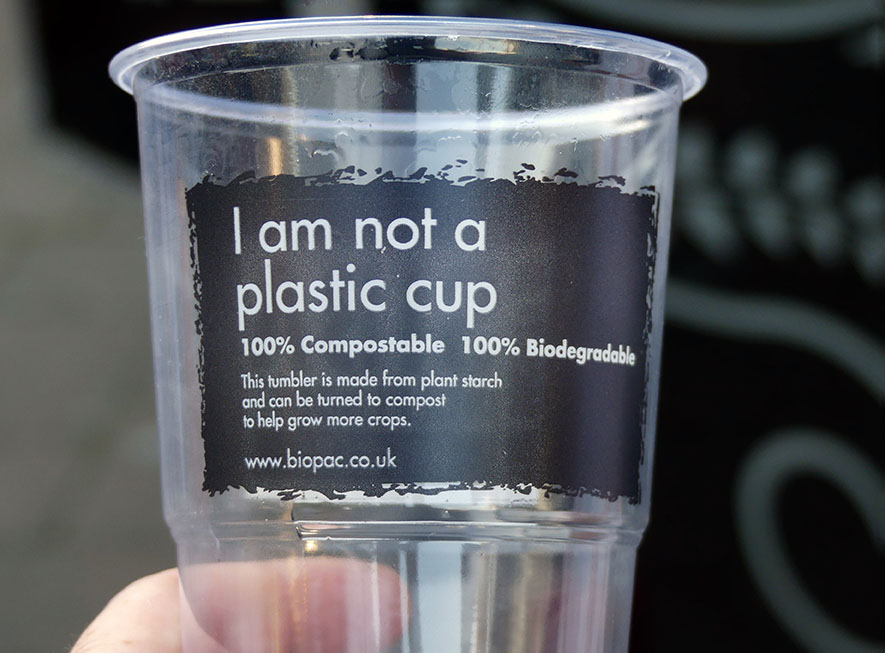
recycle
Definition
Recycling is the process of converting waste materials into new materials and objects. It is an alternative to conventional waste disposal that can save material and help lower greenhouse gas emissions. Recycling can benefit your community and the environment.
Recycling can be divided into two main types: closed-loop recycling and open-loop recycling. Closed-loop recycling is when the recycled material is used to make the same product again. For example, recycled aluminium cans can be used to make new aluminium cans. Open-loop recycling is when recycled material is used to make a different product. For example, recycled paper can be used to make cardboard.
Recycling has many benefits for the environment. It reduces the amount of waste sent to landfills and incinerators, conserves natural resources, and helps to protect the air and water quality. Recycling also creates jobs and stimulates the economy.
Recycling is a simple way to make a difference in the environment. By recycling, you can help to reduce pollution, conserve natural resources, and protect the planet for future generations.
How can the word be used?
The company recycles all of its paper and cardboard.

Different forms of the word
Noun:
- the process of converting waste materials into new materials and objects.
Verb:
- to convert waste materials into new materials and objects.
Etymology
The word "recycle" comes from the Latin word "recyclus", which means "to go back in a circle".
The first recorded use of the word "recycle" in English was in the 1970s.
Question
Why is it important to recycle materials?
AQA Science Exam Question and Answer
Question:
Explain the concept of recycling in the context of environmental conservation and discuss its importance in reducing waste and conserving resources. Provide an example of a commonly recycled material and its benefits.
Answer:
Recycling is the process of collecting, sorting, and processing used materials to create new products, thereby reducing the need for raw materials and minimising waste. It is a crucial aspect of environmental conservation, as it helps conserve resources, and energy, and reduces the environmental impact associated with resource extraction and waste disposal.
One common example of recycling is the process of reusing paper. When paper is recycled, it is collected, cleaned, and processed into pulp. This pulp is then used to create new paper products. Recycling paper reduces the demand for fresh wood pulp, conserving forests and energy required for paper production. It also diverts paper waste from landfills, which helps reduce methane emissions, a potent greenhouse gas.
Recycling plays a pivotal role in the circular economy, where resources are kept in use for as long as possible, and waste generation is minimized. By recycling materials like paper, plastics, glass, and metals, we extend the lifespan of these resources and contribute to a more sustainable future.